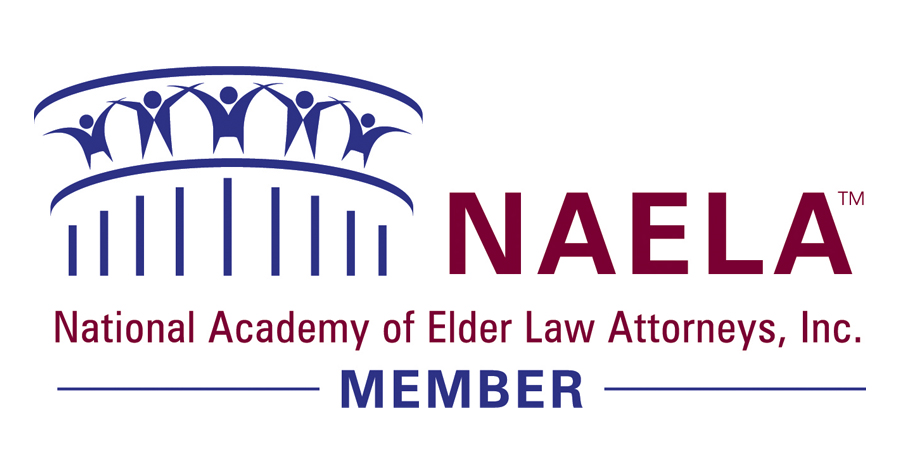Long-Term Care and Medicaid Planning
At Delaney Law, P.C., we can provide assistance with crisis planning if a loved one is about to go to or is already in a nursing home.
Our office also assists with:
- Preparation of the Mass Health application
- Work with the nursing home
- Assist in asset transfers
- Assist in applying for immediate annuities to protect the excess assets
- Assist in applying for a pooled trust to protect excess assets
- Employ other asset protection strategies

Long Term Care Planning
At Delaney Law, P.C., we also assist clients when their families have long term goals to protect assets from future potential nursing home costs, such as irrevocable trusts, qualifying for PACE programs, life estates and other longer term asset protection strategies.
We also review client’s existing estate plans to make sure their plans are up to date with changes in laws so that family members have the most up to date tools to assist family members in their decline when they need assistance navigating the complexities of long-term care.
We work with trusted care managers, financial planners, realtors and insurance agents in the area to assist you in your or your family’s unique situations.

CONTACT
40 Kenoza Avenue
Haverhill, MA 01830
co*******@*************aw.com
Phone: (978) 374-5898
Fax: (978) 374-5885

